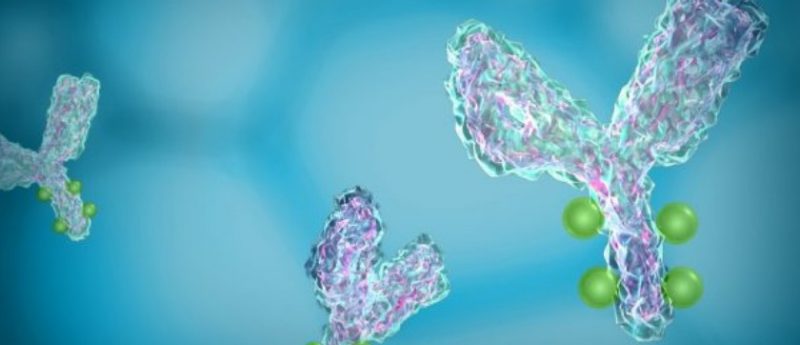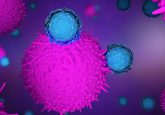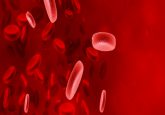Patient selection for anti-PD-1/PD-L1 therapy in advanced non-small-cell lung cancer: implications for clinical practice

Abstract
Immune checkpoint inhibitors (ICIs) targeting PD-1 or PD-L1 represent a standard treatment option for patients with advanced non-small-cell lung cancer. However, a substantial proportion of patients will not benefit from these treatments, and robust biomarkers are required to help clinicians select patients who are most likely to benefit. Here, we discuss the available evidence on the utility of clinical characteristics in the selection of patients with advanced non-small-cell lung cancer as potential candidates for single-agent anti-PD-1/PD-L1 therapy, and provide practical guidance to clinicians on identifying those patients who are most likely to benefit. Recommendations on the use of immune checkpoint inhibitor in clinically challenging populations are also provided.
Immune checkpoint inhibitors (ICIs) blocking the PD-1/PD-L1 pathway, such as nivolumab, pembrolizumab and atezolizumab, represent a standard treatment option for patients with advanced non-small-cell lung cancer (NSCLC) [1], and have rapidly been adopted into clinical practice [2,3]. However, with a response rate of 14–23% in unselected populations and 16–48% in patients with PD-L1-expressing tumors [4], these drugs offer improved outcomes in some patients, but not all. Currently, there remains uncertainty about which patients with NSCLC are most likely to benefit from anti-PD-1/PD-L1 therapy. Robust predictive markers are urgently required to identify these patients to ensure they receive the most appropriate treatment.





